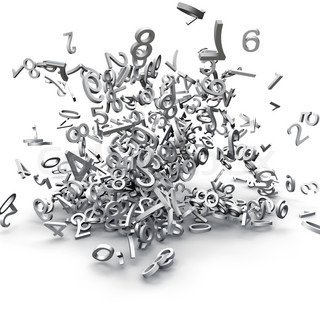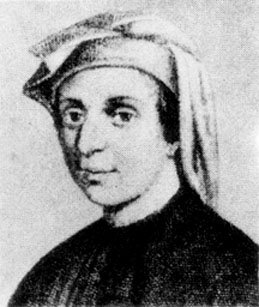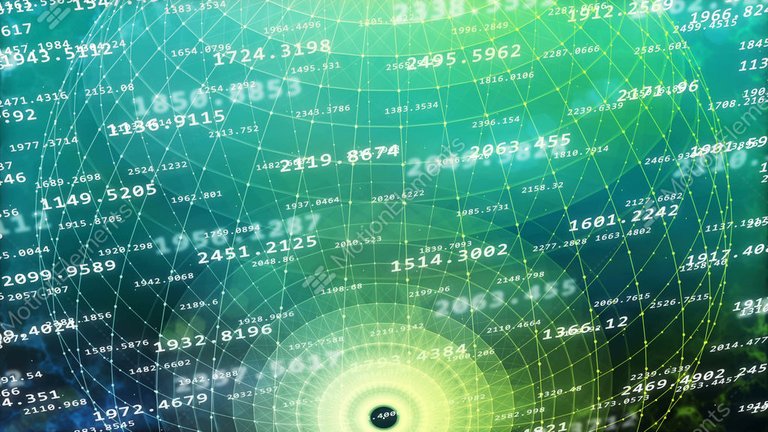
The numeral system that is almost universal today was probably invented by the Hindus. it simplified calculations by making the value of a number depend on its position as well as the number itself. ln the number 444, the single figure 4 represents 400, 40 and 4, and the whole number is the sum of these values. By contrast, the Romans used symbols whose values were the same whatever their position.

Systems of the modern kind, known as place-value systems can be based on numbers other than ten. The Babylonians based their system on 60. Modern day computers use the binary system based on 2.

The Hindu system, which included a zero, was adopted by the Arabs and may have reached Europe as early as the 10th century, though It took some time to replace Roman numerals. The man credited with papularising Arab notation is the Italian mathematician Leonardo Fibonacci (about 1170 - 1240) who advocated its use in his Book of the Abacus, published in 1202.

The decimal point is thought to have been a European invention. its original inventor is not known, but it's use was first popularised by a Flemish mathematician named Simon Stevin (1 548 - 1620) in a book called De Thiende (The Tenth), published in 1585. Until the development of decimals, numbers smaller than 1 had had to be expressed as fractions.
LINKS TO IMAGES:
https://www.colourbox.de/bild/abstrakte-wissenschaft-hintergrund-grose-explosion-im-weltraum-urknalltheorie-bild-4667797
http://www.indicethos.org/Mathematics/FAQmath.html
http://www.nndb.com/people/922/000095637/
http://www.motionelements.com/stock-video-10316154-sphere-made-of-random-digital-numbers
Congratulations @en4orc3r! You have completed some achievement on Steemit and have been rewarded with new badge(s) :
Click on any badge to view your own Board of Honor on SteemitBoard.
For more information about SteemitBoard, click here
If you no longer want to receive notifications, reply to this comment with the word
STOP